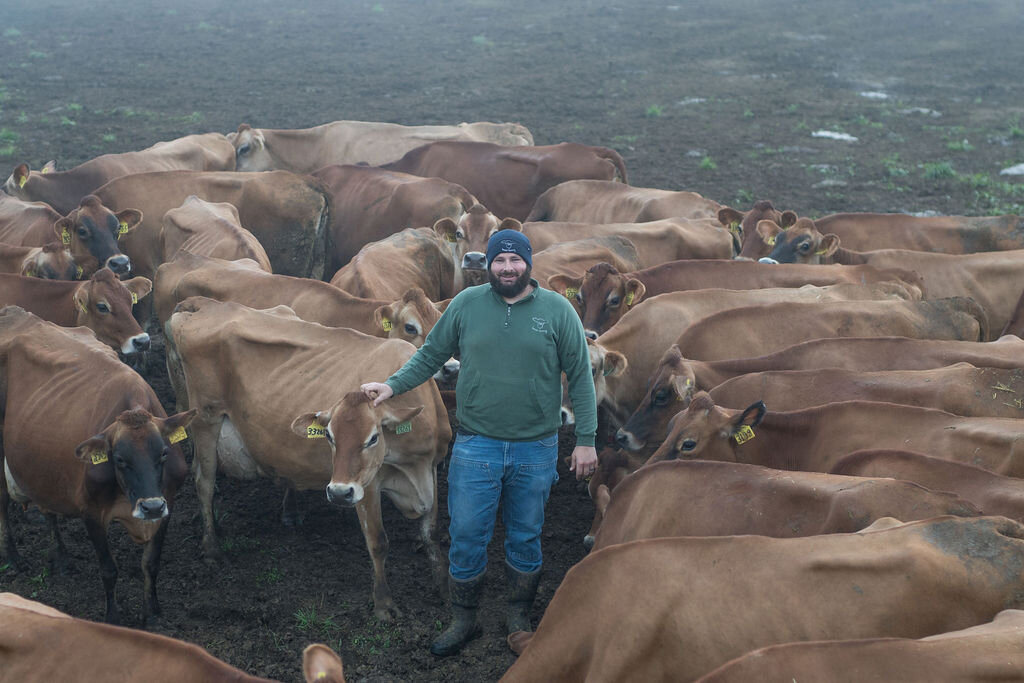Get it together, Colorado. Response to the Protect Animals from Unnecessary Suffering and Exploitation (PAUSE) ballot initiative
As a fourth generation dairy farmer who has dedicated my career - and therefore life - to raising and caring for dairy cattle and ensuring high-quality, reasonably priced, delicious dairy products are available in grocery stores, the thought of defending an industry that shows generation after generation we can become more-sustainable while continually improving how we care for our farm animals is exhausting.
We have dashboards filled with science-based, fact-checked receipts showing as a whole we’re not only doing better than we did 100 years ago, which by the way is less time than when my great-grandfather migrated from Switzerland as an indentured servant to discover the alluring - and lush - Oregon coastal pastures, which were perfect for raising dairy cows, we’re also moving the innovation and technology mark so far forward it’s nearly off the page.
A ballot initiative proposed, currently known as Protect Animals from Unnecessary Suffering and Exploitation (PAUSE), is awaiting an appearance before the title board after being filed with the Colorado Secretary of State.
There are two ways to dive into this, we’re going to start with the definitions.
As it’s written, artificial insemination, which is how we breed cows on our farm, will be defined as a “sexual act with an animal.” You serious, Clark? As an industry, the vast majority of dairy farms choose AI as it levels up to farmer safety, cow safety, better management, and improved herd genetics. These are topics I cover in depth in my daily videos, but let’s look at it from a 30,000 foot view:
Farmer Safety: Most people, even those 3-4 generations removed from the family farm know dairy bulls to be aggressive. Removing them from the farm ensures we’ve taken a significant amount of risk out of the equation. And, not just for the farmer … for the farmer’s family. Even Instagram influencer and hobby homesteader, Madison Vining, knew not to keep a bull calf because of the potential risks.
Cow Safety: AIing is quick, efficient, and adds minimal to zero stress to the cow. Alternatively a bull, and his one ton frame, will add stress and injury potential to the hips and legs of a cow via his breeding technique, which is often a multiple times scenario.
Management: AIing allows us to be efficient with breeding certain bulls with certain cows based on desired characteristics. This means we have the opportunity to utilize as many bulls as necessary to breed our cows without them being on our farm. This allows us to do a few things like knowing the exact days a cow was bred and selecting a bull for a new heifer that will produce a smaller calf.
Genetics: We choose to inseminate our cows to certain bulls based on characteristics like milk production, fat and protein levels in milk, calf size, and how likely they are to get sick. Sure, we could raise bulls on our farm. But we’re not experts in raising bulls. We’re experts in providing excellent care to our dairy cows that provide an excellent product to your grocery store.
This ballot initiative will criminalize dairy farmers, pig farmers, beef farmers and ranchers, and equestrians, pet breeders, and zoo keepers, for providing excellent care to their animals.
Next definition: natural lifespan.
The ballot initiative defines the natural lifespan of cattle to twenty years. The steak at your butcher counter was harvested at around 24 months at about 1,400 pounds. This change would extend the age requirement to 60 months.
What does that mean, exactly? As a whole, the agricultural industry has spent years focusing on efficiencies and sustainability practices to ensure the already-minimal greenhouse gas impact is reduced. This, according to Travis Taylor, a Colorado State University Livestock Extension Agent, as sourced in The Fence Post, would equal approximately 27,000 additional pounds of feed per animal and could mean an additional $1,200 per animal in feed input alone. Assuming similar finish weights, he said the price of a pound of beef sold to consumers would increase $2 per pound not including health vaccinations, transport, water consumption, and labor costs.
Basically, it would require Colorado’s farmers and ranchers to reverse the clock and become less sustainable and less efficient and raise the prices at the grocery store.
Let’s pivot and look at this from a financial perspective.
What’s at stake for the second-highest milk producing state (per dairy cow) in the country? Just $5 billion in livestock sales, thousands of jobs, the destruction of rural communities and schools, and the abandonment of non-tillable marginal lands that are currently used to feed a portion of the globe’s ever-growing population.
“Colorado’s food and agriculture industry is a force to be reckoned with; generating more than $5 billion in economic output annually, with local companies exporting their products to more than 100 countries worldwide.”
It’s difficult to run the precise numbers of the domino effect of criminalizing animal welfare experts for using science-based practices to do their jobs.
It’s as if someone who wrote the proposed language never stepped foot on a farm, rode on farm calls with a veterinarian, had a conversation with a meat scientist, Googled “embryologists” for a job description, consulted with an animal scientist, or lived paycheck to paycheck and was still able to purchase food for their family from the world’s most affordable and safe food supply chain.
I do the work for you, policy makers. I create videos every single day showing you extreme transparency of what it’s like on a dairy farm so you don’t even have to get your dress shoes dirty.
Without fail the agricultural industry improves daily. For once, please do the same.
Derrick Josi is steadfast in his quest to share farming through the community he’s established online behind the handle TDF Honest Farming.

